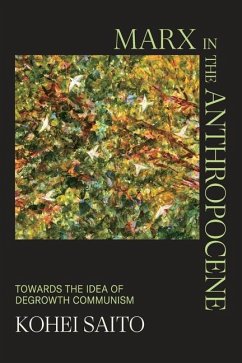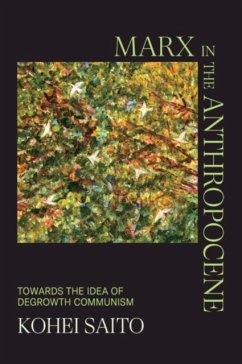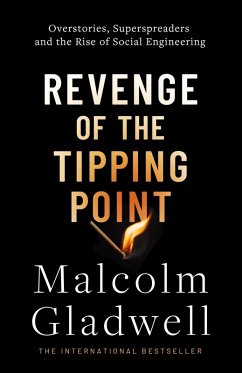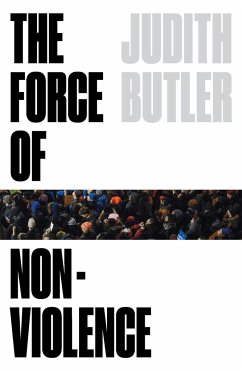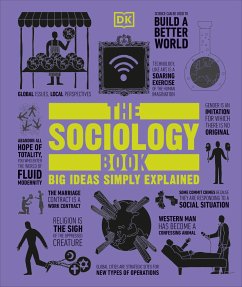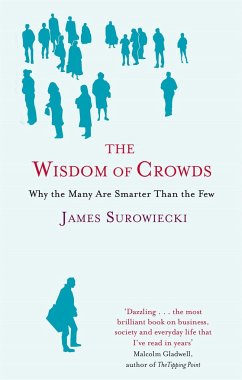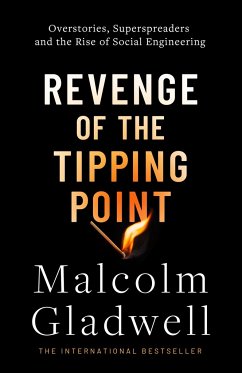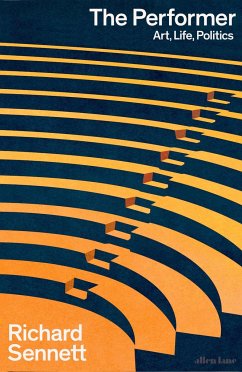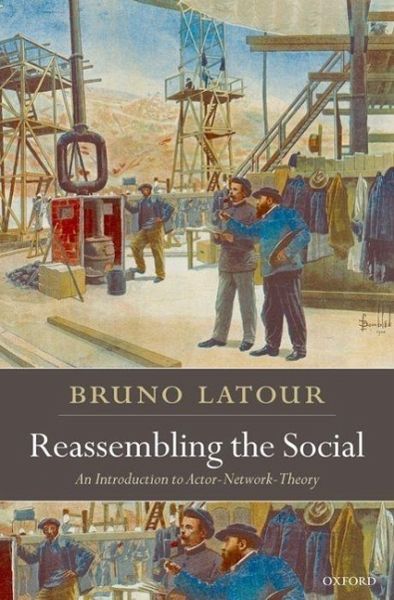
Reassembling The Social
An Introduction to Actor-Network-Theory
Versandkostenfrei!
Versandfertig in ca. 2 Wochen
33,99 €
inkl. MwSt.

PAYBACK Punkte
17 °P sammeln!
Latour is a world famous and widely published French sociologist known for his acclaimed writings on the relationship between people, science, and technology. His views have crystallized as 'Actor-Network-Theory' (ANT). This book is the first concise account Latour has written about ANT, with which he has come to be so closely associated with.



